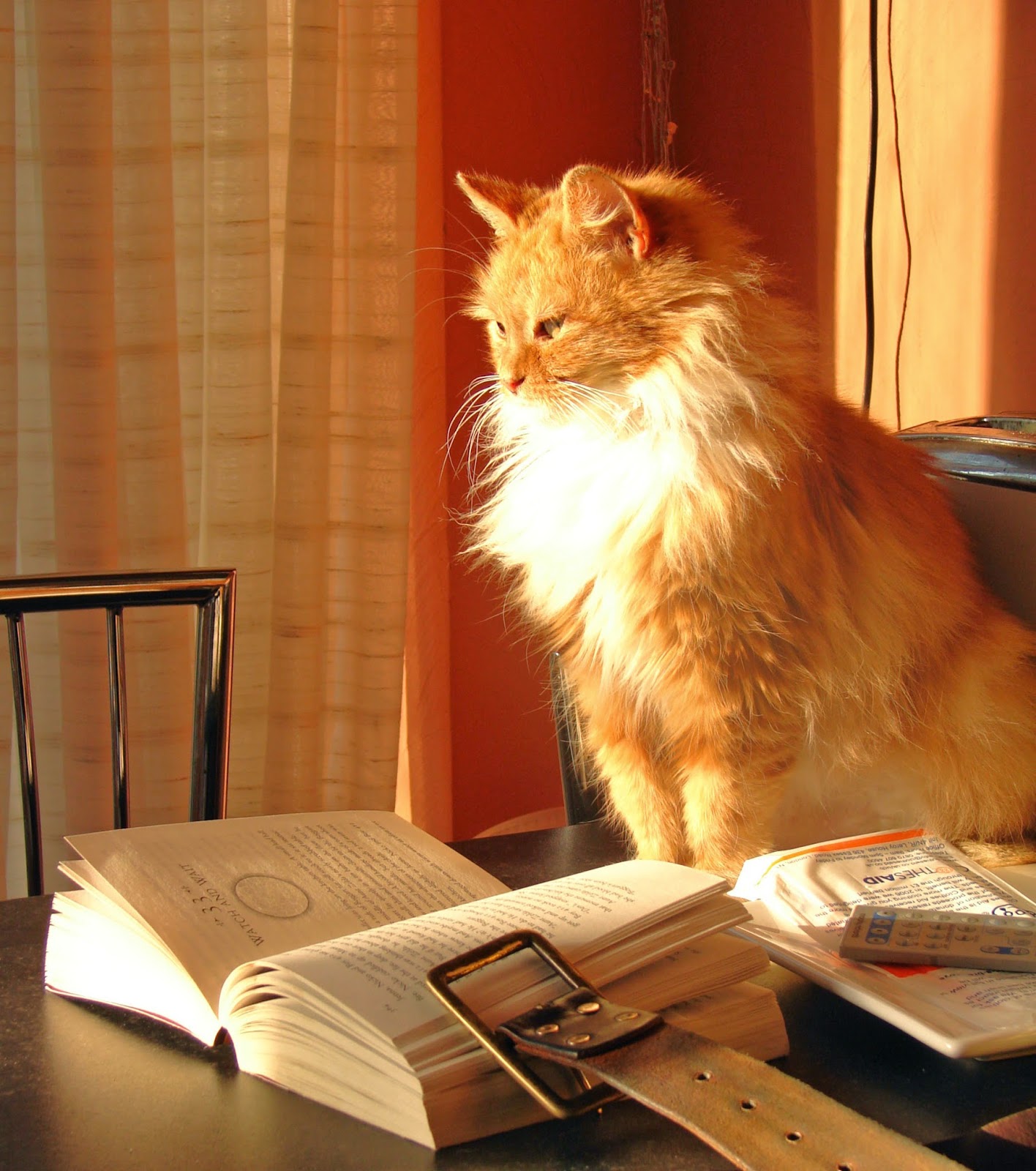 |
| Hmph. I don’t remember it saying that… photo by raider of gin via Flickr & Wikimedia Commons |
Last night I dreamed I was reading my withered 1943 edition of A Tree Grows in Brooklyn, its pages crisp as dead leaves, its spine cracking and exposed like a split, downed tree branch. And even as it was disintegrating, I kept turning the pages.
I realized this morning my dream was a metaphor for my latest experience in reading the book. A few moments later, I saw it was a metaphor for the book itself. And only now do I understand it was a metaphor for life.
I’m not certain what caused me to read A Tree Grows in Brooklyn again. I still own the worn copy I had as a little girl. Its headcap and tail are frayed and the pages are barely holding on. It was printed in 1943 by The Blakiston Company of Philadelphia. On the copyright page it says: This edition made by special arrangement with Harper & Brothers.
It’s old.
Recently I skimmed over an article called Why I’m Leaving Goodreads. The gist of it was that Gracy Olmstead found that listing books to read made her anxious to have them read. I can understand that. Once, I tried to take part in Dean Wesley Smith’s writing streaks challenge, in which one keeps track of how many words he’s written each week, or day, or something like that. And you have to keep it up to continue your “streak.” I found myself more interested in the number of words I was putting on the screen than what I was writing. I stopped it fairly quickly.
Writing isn’t a chore.
Well, okay, sometimes it is. Sometimes there’s something you have to write and you’re anxious about it and you aren’t sure how to proceed and it becomes like a heavy chain around your neck and there’s nothing for it but to put your butt in the chair and get through it.
But it shouldn’t be a chore. And reading should not ever be a chore. For me, however, Goodreads is just another place to help me keep track. I keep a list of what I’ve read on my website. But at Goodreads, I can have a list of what I’d like to read.
The point being, that I kept seeing A Tree Grows in Brooklyn on my Goodreads “read” shelf, and on my bookshelf at home–I walked by it fifty times a day, I’m sure. And, I decided to put it on my “to read” shelf. One day, I was going to read it again.
And that day finally came after I’d read I Was There the Night He Died. But when I picked the book off my shelf and started turning pages, I realized it was too old, too delicate to read. It was almost as if the book was warning me–telling me to stay away. But I didn’t hear it.
I know now what it was saying: I’m not the same. We’re older now. Things have changed. It won’t be the same…
But I purchased a Kindle edition and started reading. And the book was right. It wasn’t the same at all. Now that I’m older, and a big, fancy, whoop-dee-doo writer, the book had lost its five-star charm. I’d remembered the story and forgot the writing, if I ever noticed the writing to begin with.
Suffice it to say, I nearly destroyed the book in reading it again.
From the forward by Anna Quindlen, I learned that the book was written as memoir and “reconfigured as fiction at the request of an editor at its publishing house.” And therein lies the problem. The moralizing, the head-hopping, the divulging of the motivations behind characters’ actions, things Francie couldn’t possibly know, make so much more sense from the perspective of a memoir.
I’m not saying it couldn’t have worked brilliantly as pure fiction; it could have. But it didn’t. Nonetheless, the story was still wonderful, just tipped with a slice of sadness at my realization that it wasn’t as good as I remembered it.
It was like going home to the old neighborhood in which you grew up to find that your house is so much smaller than you remembered and instead of the dim yellow haze of sunshine in your mind, it’s cast in harsh white light. You still have the fond memories, but now they’re so obviously…well, old.
Reading A Tree Grows in Brooklyn again was almost like seeing your first crush at a reunion and wondering what the hell you ever saw in that. Almost that bad, but not quite. The book was saved by the gems that still lie within its pages. (Old boyfriends never seem to keep the gems–I think we imagine them there to begin with.)
The experience made me wonder about Gone With the Wind (talk about a metaphor), a novel I’ve read some seventeen times and still think is fabulous. Is it only because I continued reading it year after year as I grew up? So that its flaws (as if) have slipped past me or become part of me? If I wait to read it again when I’m 90, will it have suffered from the time away?
I don’t know. I only know that I am ever more aware that life is a crumbling and a fading away and when you look back, you’re seeing–not necessarily what you want to see only, but–what hit you the hardest, what touched you the most, what broke your heart, or made you fall in love, whether real or imagined.
And so it is with trepidation, and a sense of wonder, that we should return to what we thought we knew.
